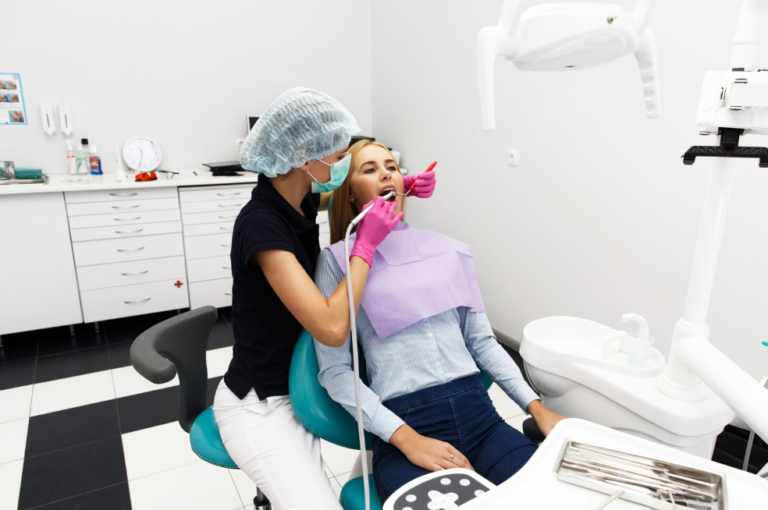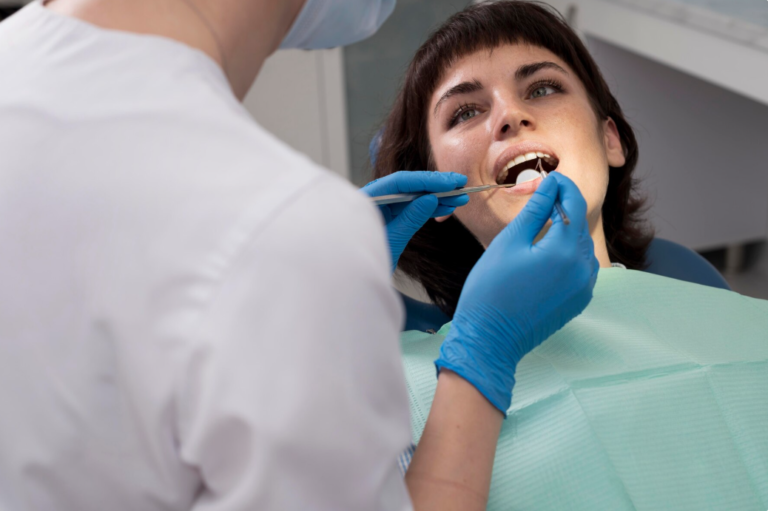Signs Your Child May Need an Orthodontic Checkup

As children grow, their teeth and jaws develop—but not always in perfect harmony. While some dental issues are easy to spot, others can remain hidden without a professional evaluation. Detecting orthodontic problems early can help prevent more complex issues later and make treatment simpler and more effective. For parents, recognizing the signs that your child may need an orthodontic checkup is an important step in safeguarding their long-term dental health.
Why Early Orthodontic Care Matters
Orthodontic issues can develop before all adult teeth emerge, which is why dental professionals recommend a first orthodontic evaluation by age 7. At this stage, the mouth is still growing, so early intervention can guide development, shorten future treatment, and potentially avoid invasive procedures. While braces may not be needed right away, monitoring a child’s teeth and jaw helps determine the best time for treatment. Many parents choose early orthodontics in Hutto, TX to keep their child’s dental development on track.
Common Signs to Watch For
It’s not always easy to tell if your child needs orthodontic care, especially when they’re still losing baby teeth. However, several signs may indicate that a checkup is needed.
1. Early or Late Loss of Baby Teeth
If your child loses baby teeth too early or late, it could signal spacing or alignment issues. Baby teeth hold space for adult teeth, and losing them too soon can cause improper growth.
2. Crooked or Crowded Teeth
Crowded or overlapping teeth are a common sign of orthodontic issues. If your child’s teeth are too close or twisted, it can affect their appearance and function. Crowded teeth are also harder to clean, increasing the risk of cavities and gum problems.
3. Difficulty Chewing or Biting
If your child often complains of discomfort while eating or avoids certain foods, it may be due to misaligned teeth or jaw issues. Difficulty chewing evenly is often caused by bite problems like underbite, overbite, or crossbite.
4. Mouth Breathing or Snoring
Chronic mouth breathing, snoring, and poor airway function can be connected to jaw development issues. An orthodontic evaluation can identify if dental structure is a factor and suggest possible treatments.
5. Thumb Sucking or Tongue Thrusting
Thumb sucking and tongue thrusting after age 4 can misalign front teeth, causing open bites or speech issues. An orthodontic checkup can help assess and address the problem.
6. Misaligned Jaw or Facial Asymmetry
If your child’s jaw shifts, makes noises, or their face looks uneven, it could indicate jaw alignment issues. Orthodontic treatment can guide jaw growth and improve facial balance.
7. Speech Difficulties
Dental issues can sometimes affect a child’s speech, like trouble with certain sounds or a lisp. Orthodontic care can help correct these problems, improving both function and confidence.
See also: Detect, Diagnose, Defend: A Guide to Crop Health Monitoring
Benefits of Early Orthodontic Checkups
Getting your child evaluated at a young age provides several advantages:
- Prevention of bigger problems: Small issues are easier and faster to treat if caught early.
- Guided growth: Early treatment can direct jaw development and create space for permanent teeth.
- Shorter treatment time: In some cases, starting early reduces the need for braces or shortens the time they’re worn later.
- Boosted confidence: Addressing alignment or bite problems early can help your child smile with confidence.
What to Expect During the Checkup
An orthodontic checkup includes a gentle examination, X-rays, and scans to assess teeth and jaw alignment. The orthodontist checks spacing, bite, and overall dental health. Even if no treatment is needed, regular monitoring helps catch issues early. Families rely on orthodontists to evaluate their child’s needs and create a care plan for optimal oral health.
Conclusion
Taking care of your child’s dental health early can make a big difference in their smile and confidence. Signs like crowded teeth, speech issues, or bite misalignment may mean it’s time for an orthodontic checkup. Early evaluations help catch problems sooner, giving families peace of mind and setting the stage for a healthy, beautiful smile.






